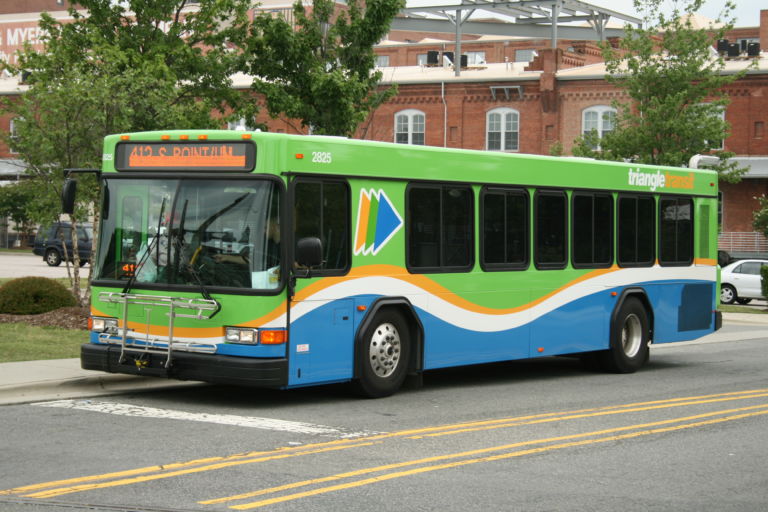In recent years, an increasing number of local governments across the nation and across North Carolina have adopted “Smart Growth” policies. While the specific policies differ by community, the emphasis is invariably upon restricting the physical size of urban areas, imposing denser development standards in areas where development is allowed, and reducing funding for roads while spending heavily on transit in general and rail-based transit in particular.
Such policies are both misguided and ineffective — misguided, in that they do not create communities in which most people really want to live and ineffective in that the cost of “sprawl” and the benefits of Smart Growth are both overstated.
Specifically, Smart Growth misdefines efficiency to mean simply maximizing production of a particular product (typically housing) while using the minimum of a particular resource (land). This definition is in conflict with basic economic theory.
A number of economic studies, meanwhile, have shown that Smart Growth policies are not less costly than what its proponents dismiss as “sprawl.” Smart Growth does, however, impose additional costs upon society which make economic growth less likely.
Instead of focusing on the past, North Carolina should look to the future and adopt a flexible growth agenda — Flex Growth. Flex Growth is a market-based system of principles for government land use and development policy, especially at the state and local government levels, based upon the idea that people — and not government bureaucrats and planners — know what is best for themselves.
The following nine recommendations should guide policymakers when they consider various responses to growth and development:
Let growth pay for itself — Local governments should adopt marginal cost pricing for public services to avoid distorting land development decisions and enable growth to pay for itself.
But without impact fees for schools — The concept of user fees — whether they are called “impact fees,” “real estate transfer fees,” or an “adequate public facilities ordinance” — should not extend to funding public school construction.
Reform zoning — Local zoning codes should be changed in several ways to take advantage of market incentives to reflect the true costs of development. Public policy should also afford communities the flexibility to adapt to the new demands and practical requirements they face.
Strengthen private property rights — The value of land is based upon its market potential, not its current use. For the full market potential of land to be realized, it must be available for sale, but to be available for sale, a clear set of private property rights must be in place.
Let the market provide open space — Each individual is willing to pay a different amount for open space, be it a private back yard or communal park land. The market is best suited to meet people’s actual demands rather than government mandates to provide a set communal open space.
Pursue economic policy neutrality — Policymakers should aim for strict neutrality in their economic development and industrial recruitment efforts. This includes local governments staying out of the utility and broadband businesses.
Avoid TIFs — Local governments should avoid tax increment financing (TIFs) to borrow money for economic development projects.
Ensure an adequate highway system — Transportation funding is finite. It follows then that the state and its localities should make the best possible use of this scarce resource by funding the projects that give the greatest return on investment.
Fund transit intelligently — The same resource usage considerations that drive our approach to roads should also drive our approach to transit: aim to fund only those projects that provide the most bang for the buck.
Flex Growth: A smarter option for North Carolina communities


